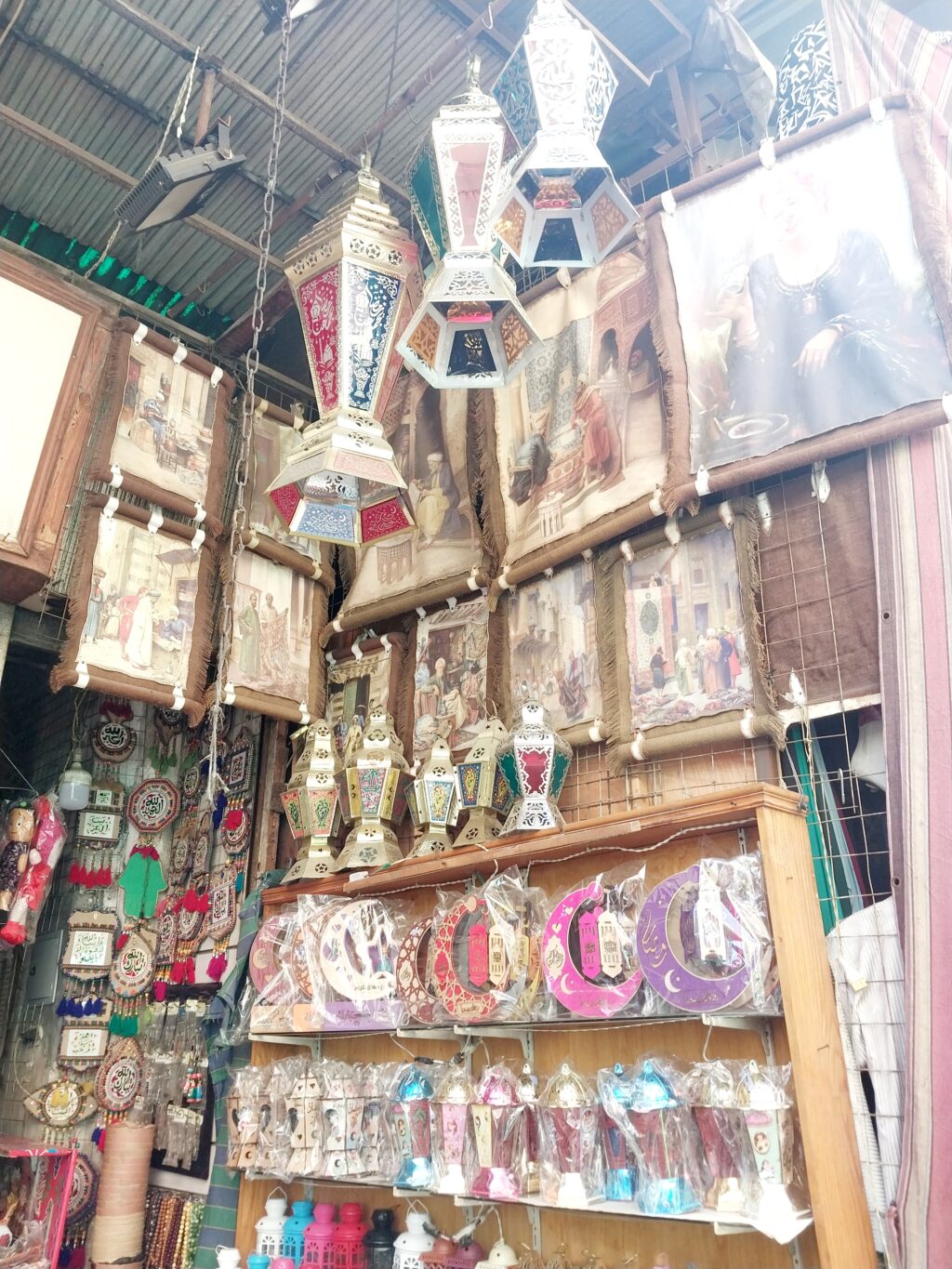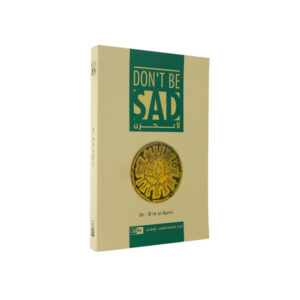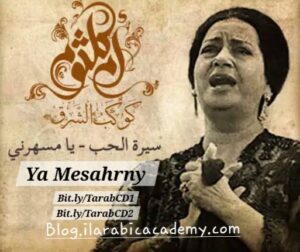Download Free Ramadan book: https://m.gofreebooks.com/free-books-view-44525.html
www.ilarabicacademy.com
Sign up free for Our newsletters to
To book Ramadan Arabic classes Email us: ilarabicacademy@gmail.com or download bit.ly/ArabiclevelA1
Ramadan is the ninth month of the Islamic lunar calendar. It begins upon the visual sighting of the last full moon of the year and lasts 29 or 30 days, depending on the year. The holiday of Eid al-Fitr marks the end of Ramadan and the beginning of the next lunar month.
THE PURPOSE OF RAMADAN
Ramadan is intended originated as an observation of the first revelation of the Qur’an to Prophet Mohammed.
During the blessed month of Ramadan, Muslims all over the world abstain from all food, drink, and other physical needs during the daylight hours (such as smoking or sex). But Ramadan is much more than just not eating and drinking: it is a time to purify the soul, refocus attention on God and practice self-discipline and sacrifice.
THE PRACTICE
Fasting during the month of Ramadan is considered one of the 5 Pillars of Islam–the five activities that shape a Muslim’s life. Prayer occurs on a daily basis; pilgrimage to Mecca (Makka) is done once in a lifetime; charity and professing one’s faith are both ongoing. Fasting for the month of Ramadan is an annual observance; every year, Muslims take an entire month out of their lives to observe this strict fast and rededicate themselves to worship and faith.
Muslims are called upon to use this month to re-evaluate their lives in light of Islamic guidance.
We are to make peace with those who have wronged us, strengthen ties with family and friends, do away with bad habits–essentially to clean up our lives, our thoughts and our feelings. The Arabic word for “fasting” literally means “to refrain”–and it means not only refraining from food and drink, but also from evil actions, thoughts and words.
The physical effects of the fast are felt by Muslims as a reminder of those who suffer throughout the year–those who are poor, homeless, refugees–and who cannot meet their basic needs. It reminds Muslims not to be wasteful and to feel empathy for those who face hunger on a daily basis. We should feel gratitude for the bounties of Allah: clean water, sufficient healthy food, the comfort of a home and the health of our family members. There are so many in the world who must survive without these basic needs, and Ramadan is a time for us to give thanks and reaffirm our commitment to helping those in need.
During Ramadan, every part of our bodies must be restrained. The tongue must be restrained from backbiting and gossip. The eyes must restrain themselves from looking at unlawful things. The hand must give in charity and not touch or take anything that does not belong to it. The ears must refrain from listening to idle talk or obscene words. The feet must refrain from going to sinful places. In such a way, every part of the body observes the fast.
Therefore, fasting is not merely physical but is rather the total commitment of the person’s body and soul to the spirit of the fast. Ramadan is a time to practice self-restraint; a time to cleanse the body and soul from impurities and re-focus one’s self on the worship of God and charity to mankind.
Ramadan is a period of fasting, reflection, devotion, generosity and sacrifice observed by Muslims around the world. While major holidays of other faiths have largely become commercialized events, Ramadan retains its intense spiritual meaning.
The word “Ramadan” comes from the Arabic root word for “parched thirst” and “sun-baked ground.” It is expressive of the hunger and thirst felt by those who spend the month in fasting.
As opposed to other holidays, when people often indulge,
RAMADAN IS BY NATURE A TIME OF SACRIFICE.
Through fasting, a Muslim experiences hunger and thirst, and sympathizes with those in the world who have little to eat every day.
Through increased devotion, Muslims feel closer to their Creator and recognize that everything we have in this life is a blessing from Him.
Through increased charity, Muslims develop feelings of generosity and good will toward others. The Prophet Muhammad (peace be upon him) once said, “A man’s wealth is never diminished by charity.”
Through self-control, a Muslim practices good manners, good speech, and good habits.
Through changing routines, Muslims have a chance to establish more healthy lifestyle habits — particularly with regards to diet and smoking.
Through family and community gatherings, Muslims strengthen the bonds of brotherhood and sisterhood, in their own communities and throughout the world.
Ramadan is a very special time for Muslims, but the feelings and lessons we experience should stay with us throughout the year. In the Qur’an, Muslims are commanded to fast so that they may “learn self-restraint” (Qur’an 2:183). This restraint and devotion is especially felt during Ramadan, but we all must strive to make the feelings and attitudes stay with us during our “normal” lives.
That is the true goal and test of Ramadan . Happy & Blessed Ramadan Everyone
https://www.facebook.com/ahmedelswifyOfficial/







More Stories
Essential & Survival Arabic Phrases – Part 4
Free Download: “Don’t Be Sad” – Arabic Psychological Healing for Depression & Anxiety Download Gratuito: “Não Fique Triste” – Cura Psicológica Árabe para Depressão e Ansiedade
New Tarab Song translation – Ban Aleya Naga .